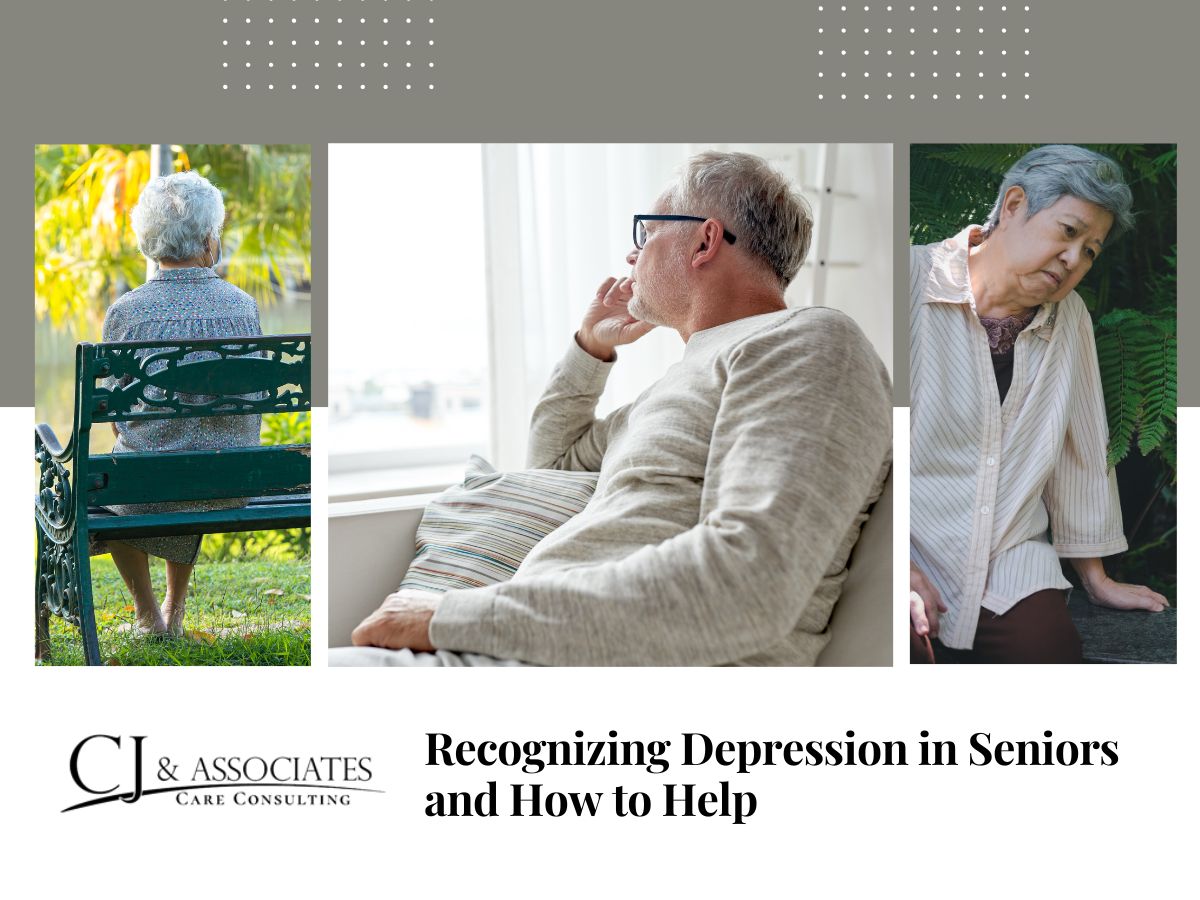Depression is a common yet often overlooked issue among seniors. Aging can bring various life changes, including health challenges, loss of loved ones, and reduced independence, which can contribute to feelings of sadness or hopelessness. However, it’s essential to distinguish between occasional sadness and clinical depression, a condition that requires attention and support. Here’s how to recognize the signs of depression in seniors and practical ways to help them. Additionally, maintaining physical health is crucial in combating feelings of depression, underscoring the importance of hydration for seniors. Dehydration can exacerbate mood swings and cognitive decline, making it even more vital for seniors to drink enough water throughout the day. Encouraging regular hydration can be a simple yet effective way to support their overall well-being and mental health.
Signs of Depression in Seniors
Recognizing depression in older adults can be challenging because the symptoms may not be as obvious as they are in younger individuals. Here are some key signs to watch for:
- Persistent Sadness or Hopelessness: If your loved one seems to be in a low mood most of the time, expresses feelings of hopelessness, or frequently talks about feeling “empty,” these could be signs of depression.
- Loss of Interest in Activities: Seniors who once enjoyed hobbies, social interactions, or activities but now show little interest may be experiencing depression. A sudden or gradual loss of enthusiasm can indicate emotional distress.
- Changes in Sleep Patterns: Depression can lead to insomnia or excessive sleeping. If you notice your loved one is struggling to sleep or is sleeping much more than usual, it might be worth investigating further.
- Fatigue and Low Energy: Feelings of fatigue and a general lack of energy are common in those with depression. Seniors may feel tired all the time, even if they are not particularly active.
- Appetite and Weight Changes: Depression can cause changes in appetite, leading to weight gain or weight loss. Some seniors may lose interest in eating, while others may overeat as a coping mechanism.
- Difficulty Concentrating: Depression often impacts cognitive functions, making it hard for seniors to concentrate, make decisions, or remember details.
- Physical Complaints: Many older adults express their depression through physical symptoms, such as aches, pains, headaches, or digestive issues. These complaints often persist despite medical treatment.
- Withdrawal from Social Connections: Depression can cause seniors to isolate themselves, withdrawing from family, friends, and social activities.
How to Help a Senior Loved One with Depression
If you suspect that your loved one is dealing with depression, there are steps you can take to support them:
- Encourage Open Communication: Begin by creating a safe space for them to share their feelings. Let them know they can talk to you without judgment. Often, seniors may not express their sadness out of fear of burdening their family members, so gentle encouragement can go a long way.
- Seek Professional Help: If the symptoms persist, it may be necessary to consult a healthcare professional. A doctor can provide an accurate diagnosis and discuss treatment options, such as therapy or medication.
- Promote a Healthy Lifestyle: Physical health greatly impacts mental well-being. Encourage activities like regular exercise, nutritious meals, and adequate sleep. Physical activity, in particular, has been shown to boost mood by releasing endorphins.
- Offer Social Support: Combat isolation by helping them maintain social connections. Encourage visits with friends, family gatherings, or involvement in community activities. If transportation is an issue, look for online groups or virtual events they can join from home.
- Introduce Mindfulness Practices: Practices like meditation, yoga, or simple breathing exercises can help seniors manage stress and improve their mood. These activities can provide a sense of calm and help reduce anxiety.
- Encourage Routine and Purpose: Having a structured routine and a sense of purpose can help alleviate feelings of sadness. Encourage them to pursue hobbies, volunteer, or engage in other activities that provide fulfillment.
- Monitor Medication and Health Conditions: Some medications and health conditions can contribute to depression. Work with healthcare providers to review their medications and health status to rule out any contributing factors.
- Offer Patience and Understanding: Finally, be patient. Depression is not something that can be “fixed” overnight. Consistent support and understanding are essential in helping seniors navigate their emotions and take steps toward recovery.
Final Thoughts
Depression in seniors is a serious issue, but with the right support and intervention, recovery is possible. By recognizing the signs early and taking proactive steps, you can help your loved one regain a sense of joy, purpose, and connection. Always remember that professional help is available, and there’s no shame in seeking support for mental health at any age.



